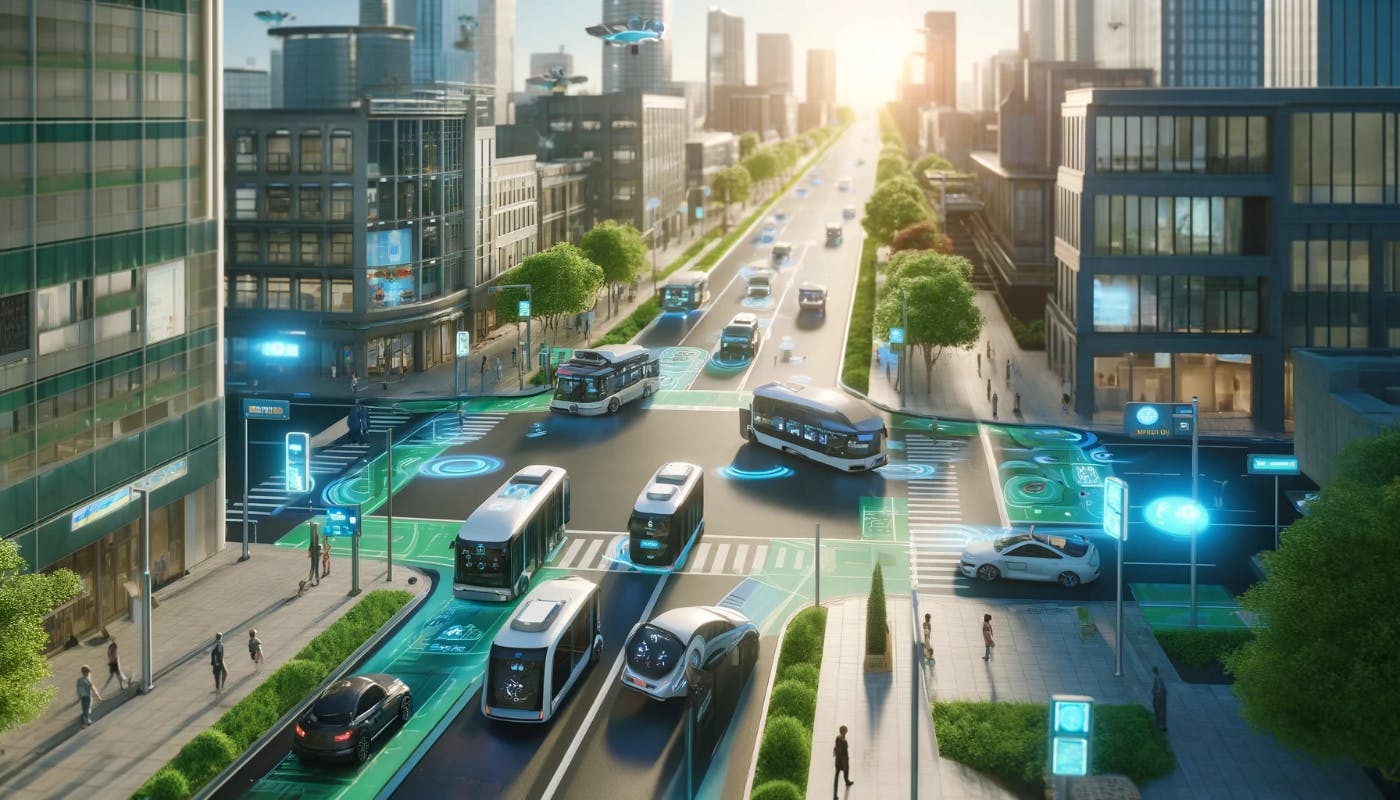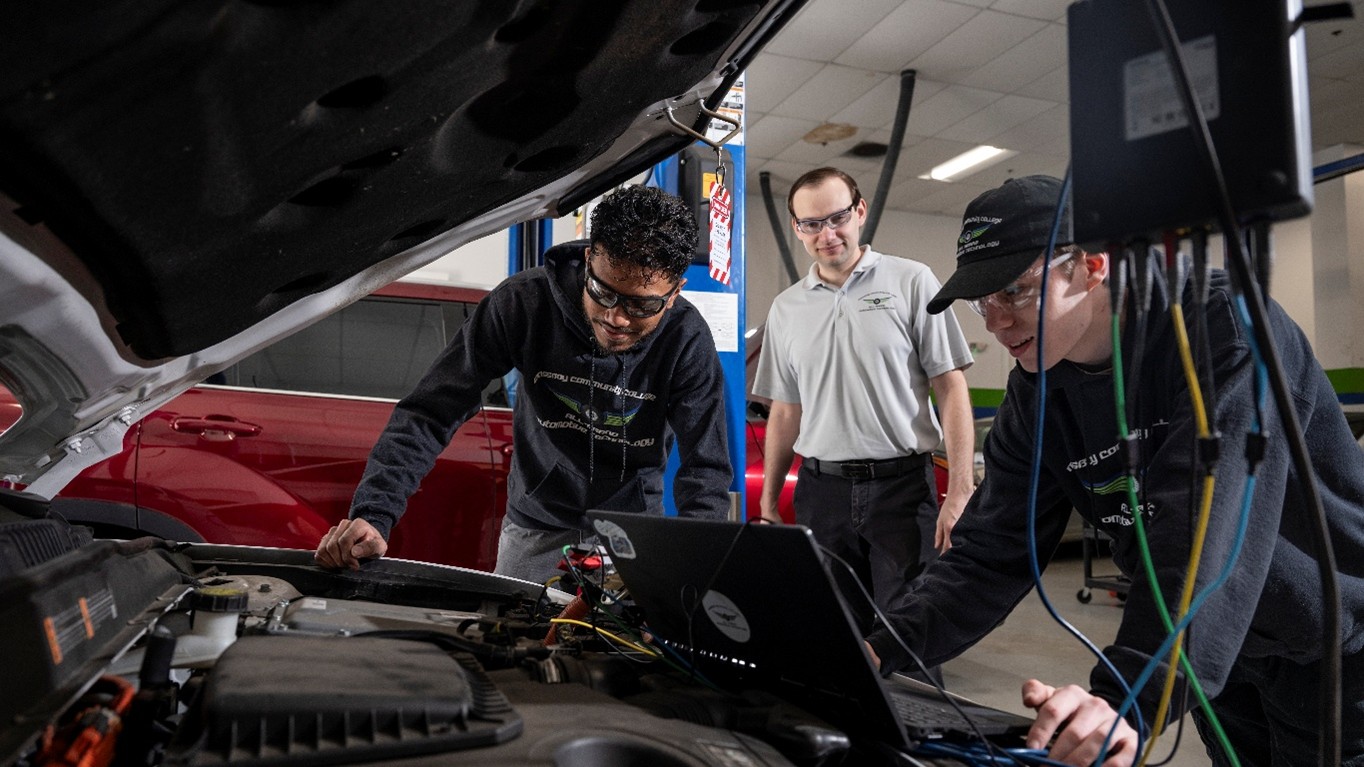The Promising Future of AI and Automotive Technology

One of the more intriguing aspects of the future of Artificial Intelligence (AI) is seen in the automotive industry and the problems and solutions found therein. This technological revolution is impacting various aspects of the industry, from manufacturing and supply chain management to the driving experience itself.
Autonomous vehicles, for instance, promise to enhance safety, reduce traffic congestion, and provide mobility solutions for those unable to drive. Features like adaptive cruise control, lane-keeping assistance, and self-parking are already becoming standard.
Billionaire entrepreneur Elon Musk describes his Tesla products as robots on wheels as opposed to cars or vehicles. Given the popularity his company has experienced, Musk sees a positive future for autonomous cars and aims to continue advancing the technology and finding a way for Tesla vehicles to achieve complete autonomous capabilities.
In fact, Musk is so invested in his project and so confident it will work that he recently threatened his board of directors at Tesla to “give me 25% of the company or I won’t build AI and robotic products at the company,” after making clear that the company is worthless without those.
Like Musk, millions of people around the world would like to see more autonomous vehicles on the roads in the hope they will improve their driving experience and reduce accidents. With advanced sensors, real-time data processing, and machine learning algorithms, these vehicles will make more accurate and faster decisions than human drivers, leading to safer roads.
AI is doing a lot more than this of course. It is also revolutionizing the manufacturing process through predictive maintenance, quality control, and automation, and is enhancing the in-car experience by providing personalized settings and services.
AI is undoubtedly reshaping the automotive industry, offering numerous benefits in terms of safety, efficiency, and personalization. Hopefully, further advancements will see traffic management systems, public transportation, and infrastructure working together to create a seamless and efficient transportation network.
But there is more that needs to be done before the technology can be used widely by millions of people in hundreds of cities around the world.
AI systems must be capable of handling diverse and unpredictable road conditions, which, at the moment, they aren’t.
Many electric vehicles have faced several crashes attributed to adverse weather conditions. These incidents often involve the vehicles’ advanced driver-assistance systems (ADAS), like autopilot, which can struggle with detecting and reacting to road conditions such as heavy rain, snow, or ice.
While driver judgment is among the most common causes of car accidents around the world, and while AI will almost certainly prevent crashes by using better judgment, the technology still must undergo improvements to deal with inclement weather and unsafe road conditions to be fully reliable.
The deployment of AI in vehicles raises complex regulatory and legal questions, such as liability in case of accidents involving autonomous vehicles. To this end, governments and industry stakeholders are currently developing clear and comprehensive regulations to deal with this issue.
The future of AI integrated into autonomous vehicles holds great promise, and so many of us are excited about what the future holds for the automotive industry.
link






